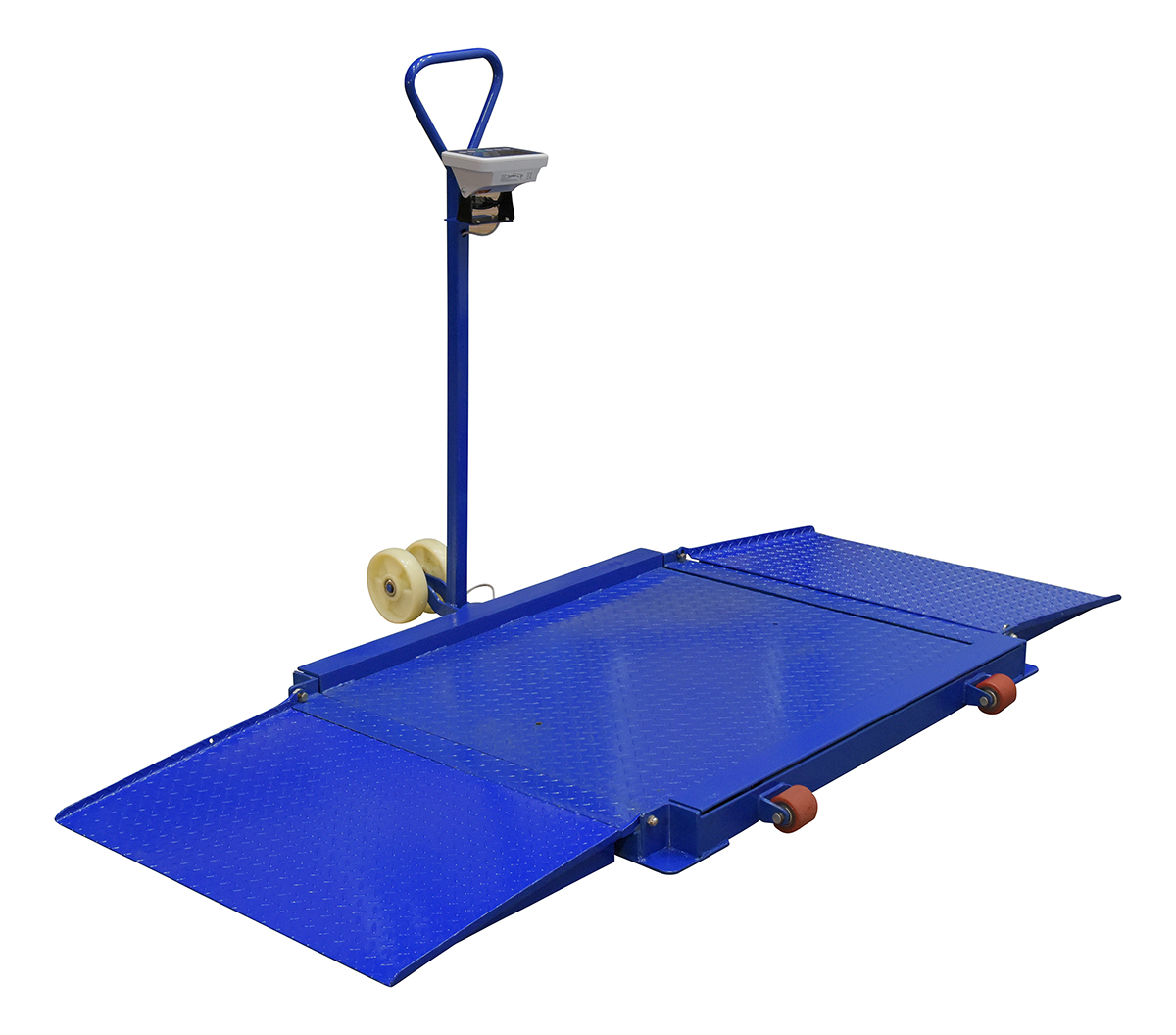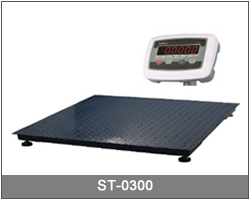Troubleshooting Common Issues with Industrial Scales and How to Fix Them
Troubleshooting Common Issues with Industrial Scales and How to Fix Them
Blog Article
How Industrial Scales Work: A Thorough Overview for New Users
Recognizing the auto mechanics behind industrial ranges is important for brand-new customers that want to guarantee precision in their measurements. As we explore these parts, one need to consider just how these aspects communicate to enhance efficiency in diverse commercial applications.
Fundamentals of Industrial Scales
Industrial ranges are crucial tools utilized throughout various fields, including manufacturing, logistics, and farming, to make sure accurate weight dimensions of heavy lots. The essential concept behind industrial ranges includes the conversion of weight right into a measurable type that can be presented digitally or analogically. These ranges utilize numerous systems, such as lots cells or mechanical levers, to establish the weight of objects positioned upon them.

In addition to their measurement capabilities, industrial ranges are made to hold up against rough settings, including durable building that withstands dust, moisture, and hefty influences. Calibration and upkeep are crucial to make sure precision, as even small disparities can cause considerable financial effects. By recognizing the fundamentals of industrial scales, customers can value their significance in various commercial applications.
Kinds Of Industrial Scales
Various sorts of commercial scales deal with the diverse needs of various markets, each designed to take care of certain weighing jobs with precision and reliability. Amongst one of the most common kinds are floor ranges, which are suitable for evaluating hefty and large items. These ranges commonly feature large systems and can accommodate palletized products, making them vital in warehouses and delivery facilities.
An additional kind is bench scales, which are commonly used for smaller things in manufacturing and retail settings. They supply accurate measurements for items that need precision, such as chemicals or parts in production line (Industrial Scales). For mobile procedures, mobile ranges provide flexibility and simplicity of transportation, suitable for fieldwork or short-term installments
In applications requiring high-capacity measurements, such as in bulk product handling, crane ranges and load cells are employed. These ranges can gauge lots suspended from a crane or other lifting device, making certain safety and accuracy during operations. Furthermore, specialized ranges like checkweighers are made use of in assembly line to preserve quality assurance by making certain that items meet weight requirements. Each kind of commercial range plays a vital duty in boosting functional performance and precision throughout numerous fields.
Just How Considering Devices Work
Weighing devices are important components that make it possible for exact measurement of mass across various commercial scales. These mechanisms make use of numerous principles of physics and engineering to give specific weight readings, important for inventory monitoring, quality assurance, and compliance with regulatory criteria.
One typical sort of considering system is the load cell, which runs on the principle of strain determines. When a tons is applied, the tons cell deforms a little, creating an electrical signal proportional to the weight. This signal is after that converted right into an understandable weight measurement by the range's electronics.
One more widely made use of system is the mechanical balance, which uses a system of weights and bars. Industrial Scales. This method counts on the principle of balance, where the weight of the object being determined is balanced against recognized weights, enabling for straight measurement
In addition, hydraulic and pneumatic scales utilize fluid characteristics principles to determine weight. These systems make use of the pressure put in by a lots to determine weight, providing high accuracy for large lots.
Proper Use Techniques
When using commercial scales, adhering to proper use techniques is crucial for maintaining and guaranteeing exact dimensions equipment stability. It is essential to select the suitable range for your particular application, as ranges differ in ability and accuracy.
Prior to considering, make sure that the range is positioned on a stable, level surface without vibrations or disturbances. This will assist to minimize errors created by external elements. Furthermore, calibrate the scale according to the supplier's specifications prior to utilize, making sure that it is working properly.
When putting products on the scale, distribute the weight evenly to stay clear of tipping or damaging the Learn More tools. Constantly permit the scale to maintain prior to taping the weight, as fluctuations may take place throughout first placement. For bulk materials, make use of containers that are proper for the range size to avoid overloading.
Furthermore, avoid positioning excessively hot or cold items straight on the range, as temperature variations can influence accuracy. Lastly, maintain the evaluating platform complimentary and clean of particles to stop contamination and guarantee reputable results. By following these strategies, individuals can optimize the efficiency and longevity of their commercial scales.
Upkeep and Calibration Tips
Making sure the durability and accuracy of commercial scales needs diligent upkeep and regular calibration. A preventive upkeep routine is vital; it must consist of regular assessments to identify deterioration, specifically on load cells and various other delicate components. Consistently cleansing the scale's surface area and ensuring the surrounding location is free from debris will certainly aid maintain its stability and efficiency.
Calibration is just as vital and need to be performed at regular intervals or whenever the range experiences substantial changes in temperature level, humidity, or physical displacement. Use qualified calibration weights that are deducible to nationwide standards for accuracy. File each calibration session thoroughly to track performance with time and identify any trends or repeating problems.
In addition, be conscious of the range's setting. Avoid placing it near sources of vibration, electromagnetic disturbance, or severe temperature levels, as these variables can detrimentally affect dimensions. Finally, train all drivers on correct range use and upkeep methods her comment is here to make certain regular performance and accuracy. By adhering to these maintenance and calibration suggestions, users can enhance the integrity of their commercial scales, ensuring optimum operation in any kind of setting.
Conclusion

Comprehending the technicians behind industrial ranges is essential for brand-new users that desire to make sure accuracy in their measurements.Industrial ranges are important devices utilized throughout different industries, consisting of production, logistics, and farming, to make sure precise weight measurements of heavy loads. The basic concept behind commercial scales includes the conversion of weight into a measurable kind that can be presented electronically or analogically. By recognizing the essentials of industrial scales, users can value their relevance in different industrial applications.
In conclusion, recognizing the procedure and maintenance of industrial ranges is vital for making sure precise weight measurements in various applications. (Industrial Scales)
Report this page